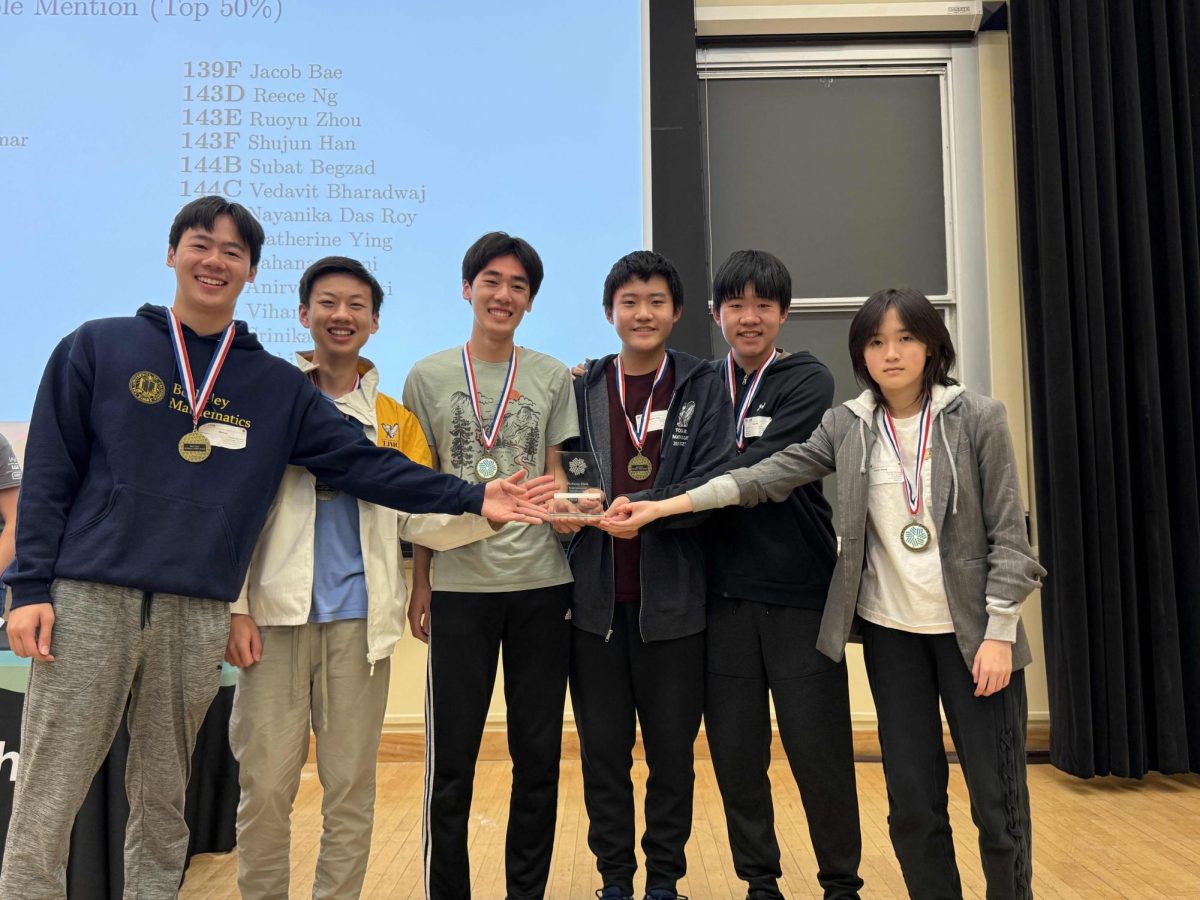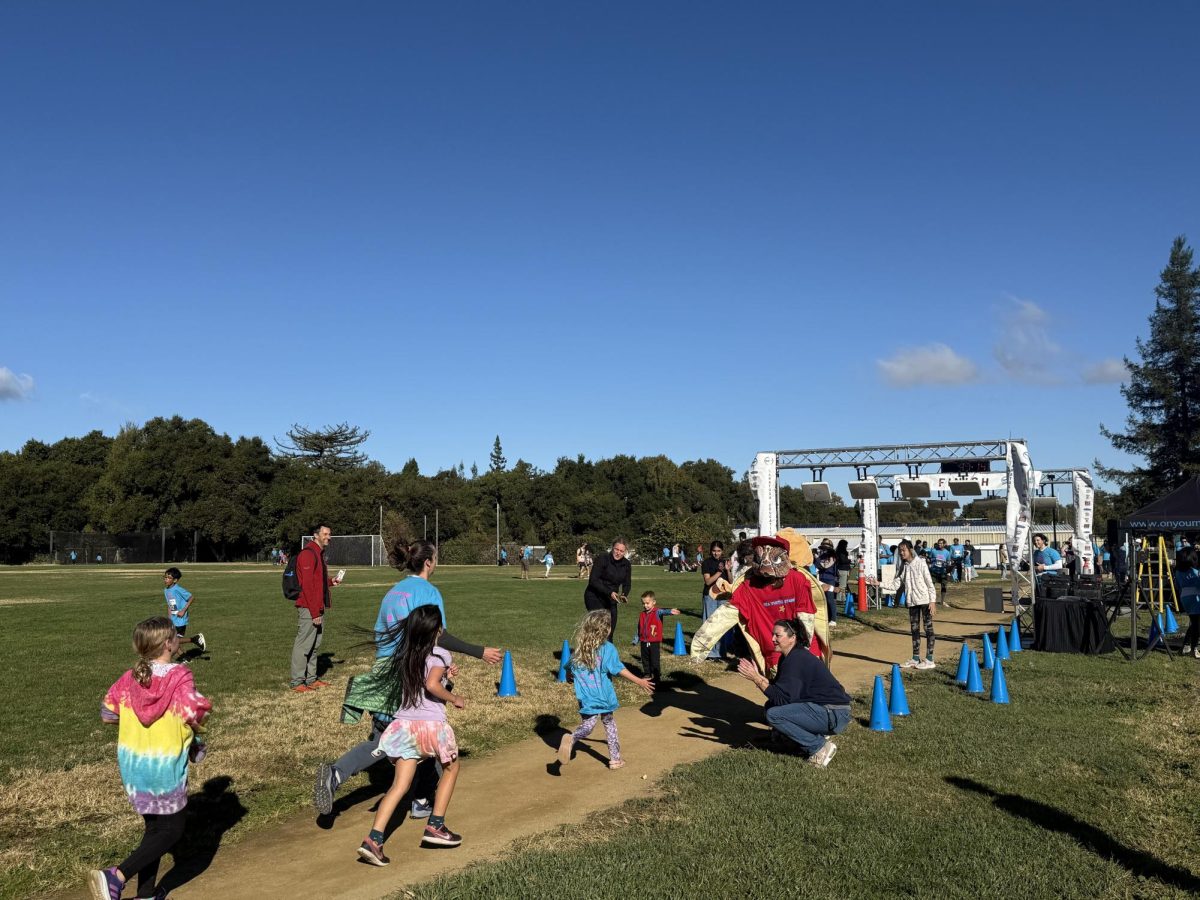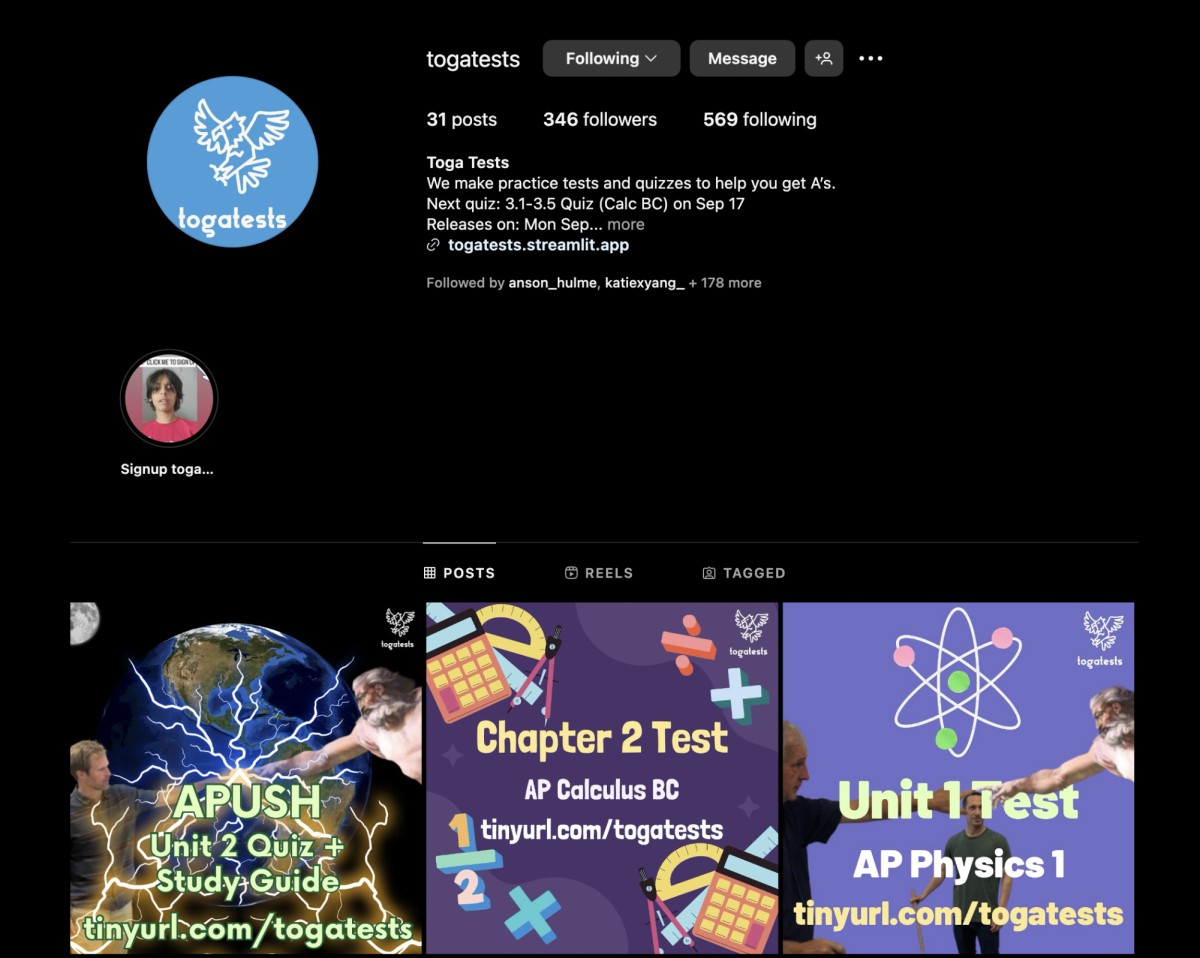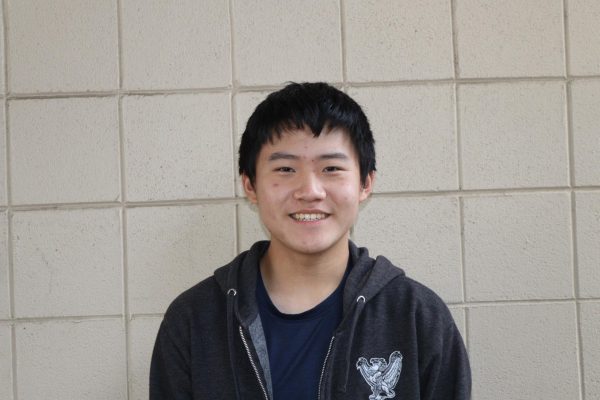Last February, now junior Yash Sharma found himself frustrated with how he was performing in his Precalculus Honors class. As he saw it, the problem sets given for homework didn’t match the rigor of the exams.
So he began working on a solution: coming up with his own mock tests that matched the difficulty of what he would face on the actual tests. Not only did creating tests increase his comprehension of the subject, but many of his peers began utilizing them for practice. As word spread about Sharma’s tests, he quickly developed them into a library of resources available for all members of the Class of 2026 and even students from other grades.
“In Precalculus Honors, the tests would always be harder than the problems we were doing in class,” Sharma said. “By doing these practice problems within a constrained amount of time, it’s easier to build muscle memory that can be applied during the real test.”
Sharma and his partner, junior Nathan Liu, began advertising the tests by creating an Instagram account @togatests and posting the Toga Tests website whenever they created a new test. Typically, these posts would contain a humorous caption such as: “This test is derive-ing me crazy! (How bad was that).” With over 400 unique visits to the Toga Tests website since it began last spring, Toga Tests is proving to be a frequently used and valued resource for the junior class.
Sharma’s main goal now is to create a set of mock tests for a wider variety of classes to benefit as many students as possible. Currently, Toga Tests covers many challenging classes juniors take: AP Calculus BC, AP US History, AP Chemistry and AP Physics 1 and 2. All of these mock tests are created by someone currently taking that class.
Typically, these tests are made by adapting material from the unit calendar, textbook or any other resource given by teachers. Sometimes, Sharma and Liu ask teachers for their input on how they can improve their practice tests and, to prepare students for an unusually difficult test, Sharma and Liu try to make the tests harder than expected by integrating various different concepts into one problem.
For Sharma, creating these mock exams not only helps other students, but also benefits his own grasp of the material.
“Creating problems that we have to do under a time crunch gives us an idea of how the teacher is thinking,” Sharma said. “We can sort of be our own teacher and improve our grade.”.
Sharma is looking to expand Toga Tests’ reach by turning it into a school club later in the school year with principal Greg Louie as their adviser. His vision for this club is to increase content beyond the classes and subjects that Toga Tests currently aids, including hopes to impact a greater fraction of the student body beyond the junior class.
However, converting his initiative to a club also comes with additional risks: creating tests for classes mainly taken by other grade levels would potentially allow students who took the class previously to modify tests, making them very similar to the actual exam.
AP Chemistry teacher Janny Cahatol worries that if this happens, taking tests similar to the real exam would incentivize students to study only what’s on the mock exams rather than learn all the necessary concepts in the unit. Cahatol added that these practice exams may not teach students to pay attention to details, improve their study skills or solve difficult problems in the future.
“If you bypass all of that for the short-term gain of getting a good grade, it cheats you out of a better education at Saratoga,” Cahatol said.
In order to maintain academic integrity, Sharma and Liu created the following rules for Toga Tests: Any student assigned to create a mock test must be currently registered in the class to ensure they do not have any prior insight into the format of the actual test — instead, the problem sets are intended to be educated guesses about the upcoming exam.
Additionally, the only students with editing access are those who were assigned to create that test, and access is revoked once the students who take it during the classes’ first period have seen the exam. Liu wants to make it clear that the practice exams should not replace studying the materials given by teachers; rather, they should be utilized for students to figure out which concepts they still need to review.
“We want to aid students’ learning from teachers, not replace it altogether,” Liu said.






























